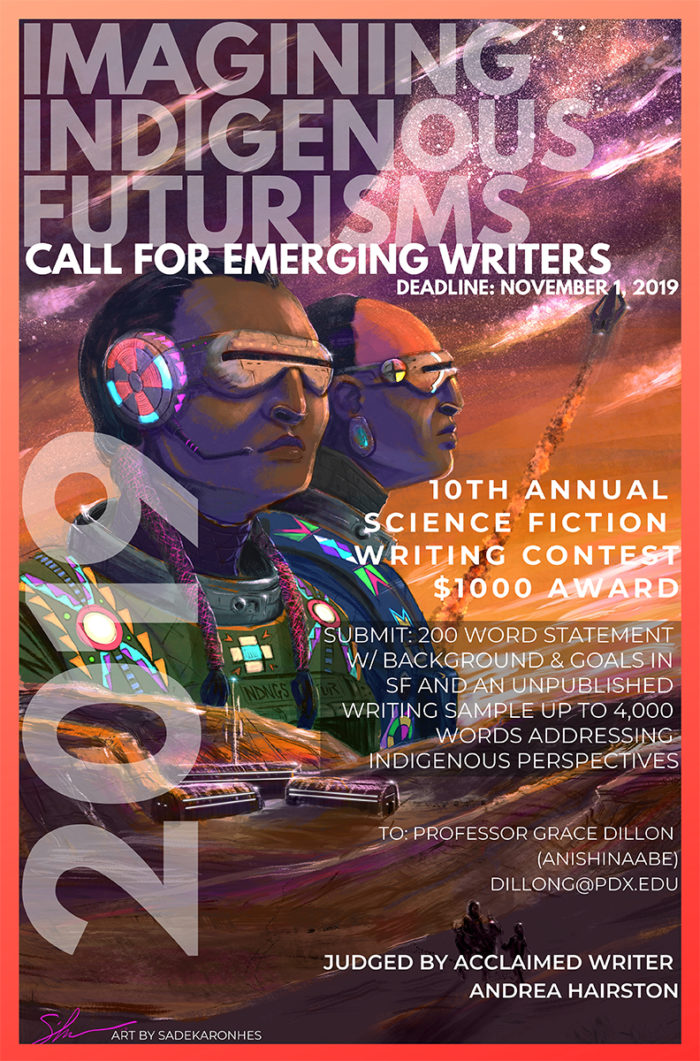Call for Chapters: “Polyptych: Adaptation, Television, and Comics”
Vernon Press invites chapter proposals on Adaptation in Comics and Television for an edited collection Polyptych: Adaptation, Television, and Comics, edited by Reginald Wiebe (Concordia University of Edmonton).
All areas of study, with a common goal of engaging the cultural, social, philosophical, and material significance of the reciprocal adaptation of television and comicbooks are invited to participate.
Comicbooks and television have been adapting almost as long as either has existed, yet scant work has been done on the relationship between these two mass media. Adaptation theory helps us navigate a world of transmedia properties and media conglomerates where models of stable text and singular author have little useful purchase. The creative collaboration and corporate origin of these projects demands more than a reading for theme; rather, the nature of the relationship between comicbooks and television requires a range of interpretive strategies.
The scope of the present call is broad. All topics regarding the intersection of adaptation, television, and comics will be considered. Possible topics include:
television adaptations of comicbooks
comicbook adaptations of television shows
comicbooks adapted from television shows that were themselves adapted from comicbooks (e.g. DuckTales, Teenage Mutant Ninja Turtles, Superboy, Batman ’66, Smallville, the comics based on the CW’s “Arrow-verse” suite of shows)
parallel development of brands within comicbooks and television (e.g. Transformers, GI Joe, The Walking Dead)
Television series that continued as comicbooks after ending (e.g. Buffy the Vampire Slayer, Firefly, Jericho, The Legend of Korra)
the parallel material history of comicbooks and television
serialization and narrative strategies on comicbooks and television
the role of comicbook adaptations before the advent of the VCR and home entertainment
the role of comicbook adaptations after the advent of the VCR and home entertainment
popular but critically neglected adaptations such as Archie, Tintin, Casper the Friendly Ghost, The Addams Family, and Adventure Time
Deadline for proposals: January 1, 2020
Deadline for first drafts: July 1, 2020
How to submit your proposal
Please submit one-page proposals (200 words approx.) including an annotated summary and a short biographical note.
For further questions or to submit your proposal, you can email Reginald Wiebe (Reginald.wiebe@concordia.ab.ca)
A paper that has been published previously may not be included.
Selected abstracts will be notified by the end of January 2020, and full chapters should be submitted by July 1, 2020. Complete chapter lengths should be between 6000-7000 words.
For more information, please click here.
